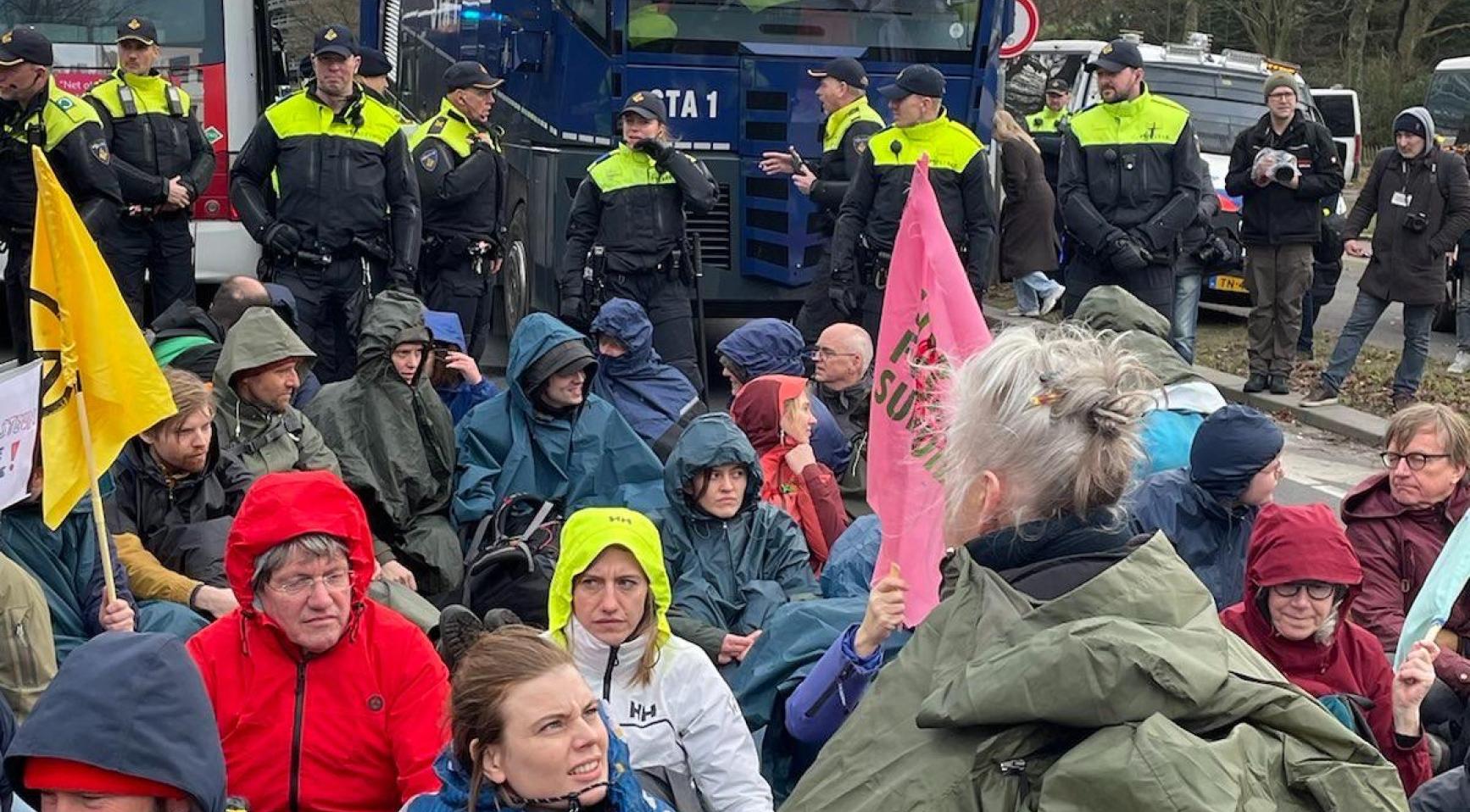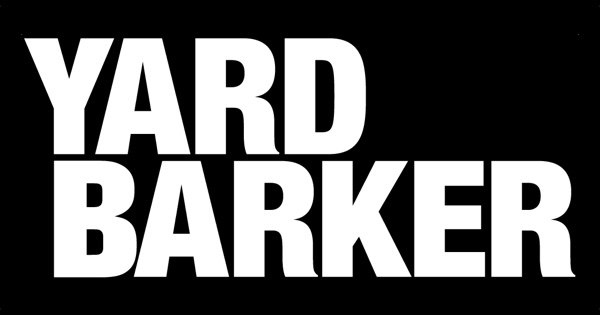By 83230,Nl Times
Copyright nltimes

The Public Prosecution Service (OM) has recommended various community service sentences and a fine against six Extinction Rebellion (XR) climate activists for actions that, according to the OM, fall outside their right to demonstrate. The heaviest sentence requested is 120 hours of community service for an activist who both defaced a wall along the A12 in The Hague and blocked traffic on the same road. For the assault of a security guard, a fine of 750 euros was recommended; the suspect denies the allegation, claiming that the guard handled him roughly.
The sentence recommendations relate to a range of offenses. In addition to vandalism and traffic disruption, they involve obstructing police work during demonstrations, stopping a car on the A12, damaging a sliding door at TU Delft, and disrupting a municipal council meeting in Westland aimed at protesting Zwarte Piet, the children’s party tradition in which people use black face to portray a character named “Black Pete.”
For the activist involved in the last incident, 20 hours of community service were recommended; the prosecutor emphasized that this action “strikes at the core of the democratic rule of law.”
According to the prosecutor, the limits of what is permissible were clearly exceeded. For example, an ambulance was reportedly delayed during a blockade on the A12, although a police witness estimated the delay at just two minutes. The court in The Hague is hearing the cases to clarify the boundaries of punishable demonstrations.
The suspects admitted to some of the accusations, such as spraying paint on the walls of the A12 tunnel. They emphasized, however, that they used chalk spray, which they believed was washable. The municipality maintains that this was not the case and is demanding thousands of euros in damages.
But the prosecution and defense disagree on other matters, such as the use of so-called lock-ons to chain themselves. Lawyer Willem Jebbink argued that this has been an accepted method in demonstrations for decades.
The most serious charge concerns violence against a security guard at the Fokker Terminal, who stated that his throat was forcefully squeezed. The suspect offers a different account, claiming he was pushed and came into contact with the guard.
The prosecution for blocking the A12 with a car also faces objection from the defense, which calls the prosecution arbitrary and argues that the case should be dropped. Lawyer Ineke van den Brûle emphasized that the criminal proceedings are based on the Penal Code rather than the Road Traffic Act, meaning that, in theory, a harsher sentence is possible.
The court did not agree, stating that it is up to the Public Prosecution Service to decide who is prosecuted and for what. The OM is prosecuting the six XR supporters for various actions, including vandalism, traffic disruption, obstructing police work, and disrupting a council meeting. XR calls the case an example of increasing repression, arguing that peaceful demonstrators are being criminalized.



